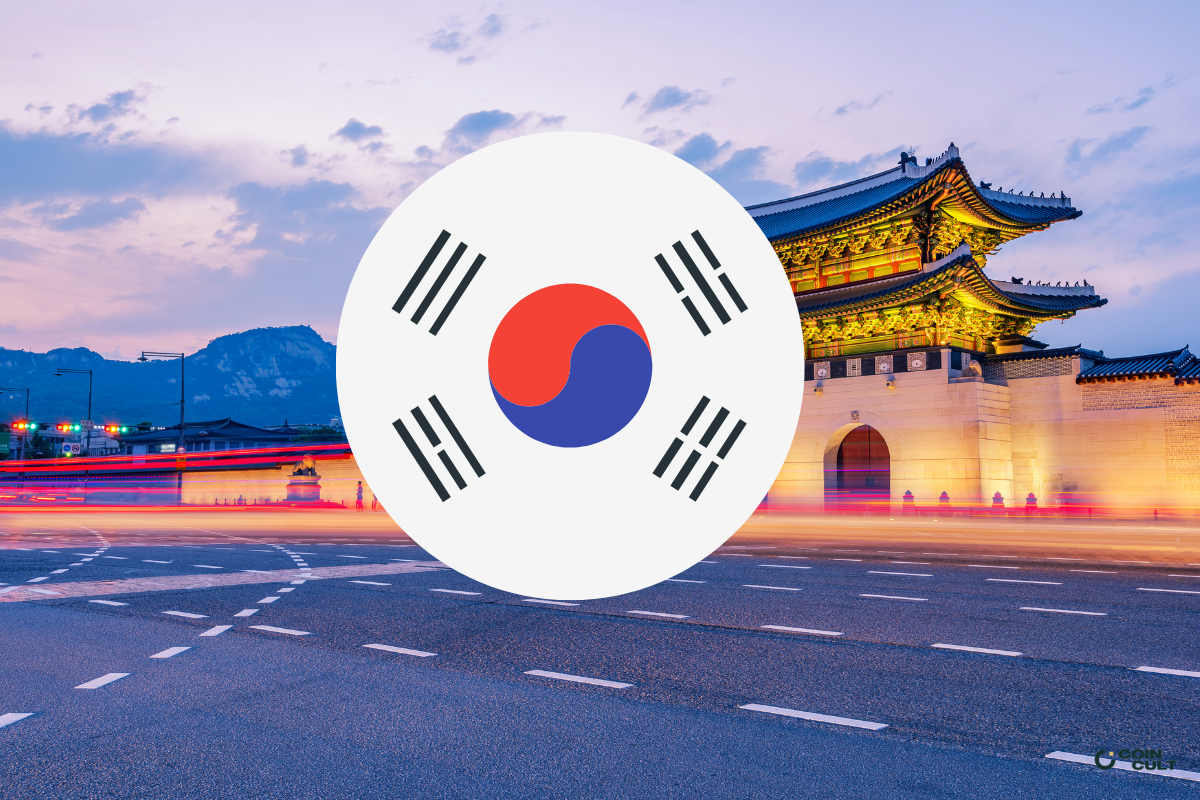
In a remarkable stride towards fortifying the security and stability of its cryptocurrency market, South Korea has introduced a groundbreaking mandate that requires crypto exchanges to establish substantial financial reserves.
According to local sources, this rule stipulates that exchanges must secure accounts from banks with a minimum reserve of $2.28 million, capped at $1,520, effective as of September this year.
New Directive Strengthens Crypto Security
The directive, revealed by Korea Federation of Banks, aims to lower risk of significant losses from hacking or technical problems. These challenges have long been problematic for the cryptocurrency asset industry. Exchanges dealing with the South Korean won (KRW) have swiftly adapted to ensure compliance ahead of the impending deadline.
However, the situation diverges for coin market exchanges, primarily facilitating coin-to-coin transactions. Many of these exchanges are grappling with capital shortfalls, struggling to accumulate the mandated reserves. Negotiations between exchanges, banks on real-name accounts at risk due to not meeting banking sector standards.
Furthermore, the new regulations stipulate that exchanges holding real-name accounts must amass reserves ranging from 3 billion to 20 billion KRW, contingent upon their daily average deposits. This reserve serves as a security net to protect users against potential mishaps within the realm of crypto assets.
Amid increased global regulation, this move seeks to bring order to the chaotic cryptocurrency landscape. Additionally, enhanced customer authentication and supplementary verification for fund transfers are included in this regulatory package, scheduled to take effect in January 2024.
However, the strict guideline sparked mixed reactions. Majority of won market exchanges are poised to meet stipulated requirements. Industry giants like Upbit and Bithumb have embraced the move, committing to adhering to the newly introduced protocols.
The outcome remains uncertain regarding whether these new measures will genuinely cultivate a more robust crypto market in South Korea. Time will reveal if this initiative safeguards users, instills confidence in digital assets effectively, and remains ambitious. Nevertheless, as the September deadline looms nearer, the cryptocurrency landscape in South Korea stands on the brink of transformation.








